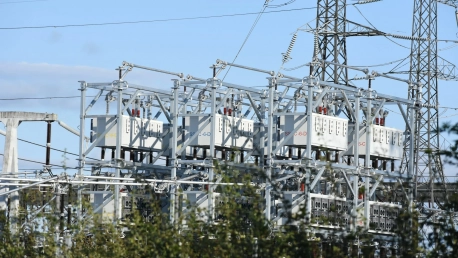The U.S. Department of Energy has initiated new energy codes that center on “zero energy” buildings, essentially phasing out the use of fossil fuels in construction. This forward-thinking approach is part of the country’s efforts to combat climate change by promoting buildings that are highly energy-efficient. The momentum behind this initiative has been significantly bolstered with sizeable federal investments, including a $400 million allotment unveiled in September, followed by an additional contribution of $530 million in December 2023. This financial backing underlines the government’s commitment to sustainable building practices. Proponents of these stringent building codes are hailing them as a crucial step in the right direction, aligning with green building trends and fostering a more environmentally-friendly future for the construction industry. The debate around these codes is heated, with supporters underlining their potential in driving significant emissions reductions and contributing to a cleaner planet.
Concerns Over National Mandates
However, House Energy and Commerce Committee Chair Cathy McMorris Rodgers and Energy, Climate, and Grid Security Subcommittee Chair Jeff Duncan have raised concerns that these efforts are in tension with housing affordability. In a letter to DOE Secretary Jennifer Granholm, they argue that not only do such mandates risk exacerbating the housing crisis, but they also threaten to limit the energy choices available to the American public. They suggest the federal government is overstepping into domains that should be regulated at more local levels, where a nuanced understanding of the diverse geographic and economic conditions can inform the establishment of more appropriate standards.
The Case for Tailored Local Solutions
Republicans are advocating for energy efficiency and building codes that reflect local conditions rather than a uniform federal mandate. They believe states and municipalities should have the freedom to adopt energy policies that align with their specific circumstances and financial constraints. The central argument is that effective sustainable development can be achieved without imposing excessive costs on homeowners and renters or restricting their energy choices. Emphasizing technological and economic practicality, the GOP stance underscores the necessity of maintaining housing affordability and respecting individual and regional autonomy in energy decisions. This decentralized approach underscores the GOP’s broader philosophy of limited federal intervention in favor of increased local control and tailored solutions to meet diverse local energy needs.









